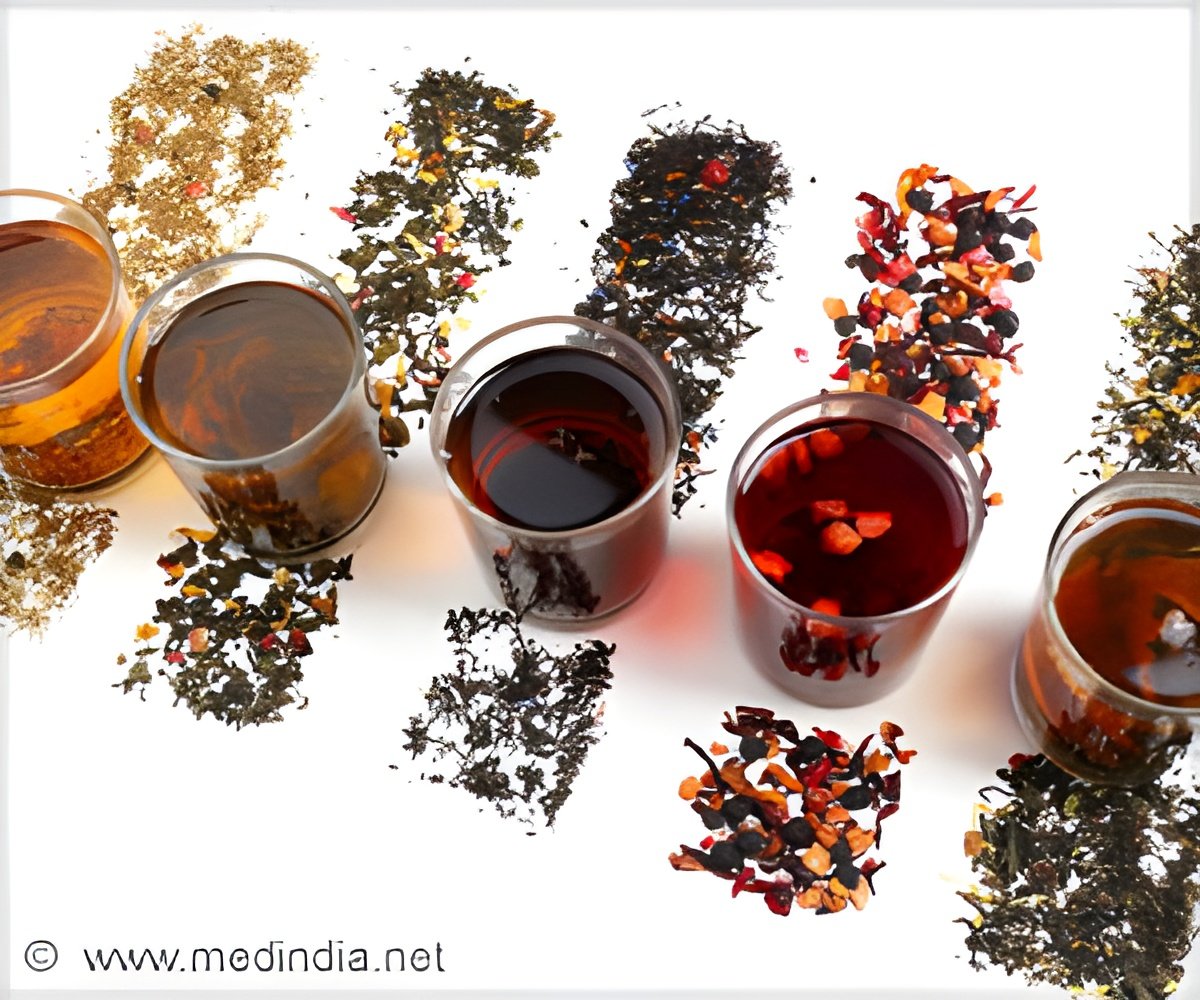Purple tea is packed with antioxidants, it boosts heart health, immunity, and fights free radicals naturally.

A groundbreaking study has illuminated the genetic blueprint for the striking purple hue of tea leaves, a trait closely linked to beneficial anthocyanins. By deciphering genetic differences and gene activity patterns, researchers have gained valuable insights into the molecular mechanisms governing anthocyanin production. This knowledge holds the potential to revolutionize tea breeding and enhance the health benefits of tea. ()
Unlike traditional green tea, purple tea is increasingly valued for its potential to boost metabolic health and offer disease prevention benefits. However, unraveling the molecular basis of anthocyanin accumulation has proven difficult, with past studies often limited to single cultivars, offering only a narrow view of the complex genetic landscape. Given these hurdles, comprehensive research into the genetic pathways of purple tea is crucial to unlock its full potential.
Using advanced genomic techniques such as RNA-seq, BSA-seq, and BSR-seq, they analyzed a hybrid tea population bred from ‘Zijuan’ (purple leaves) and ‘Jinxuan’ (green leaves). This comprehensive approach led to the discovery of pivotal genes, CsMYB75 and CsANS, which govern anthocyanin biosynthesis, along with key mutations that regulate pigment accumulation and leaf coloration.
The research examined 30 hybrid tea individuals with extreme leaf color variations through high-throughput sequencing. A total of 459 differentially expressed genes (DEGs) were identified, with critical structural genes like CHS, F3H, and ANS showing higher expression in purple leaves, driving anthocyanin production. One major breakthrough was the identification of the transcription factor CsMYB75, whose silencing caused anthocyanin levels to drop significantly.
Notably, a 181-bp InDel in the CsMYB75 promoter was found to increase its expression in purple tea. The study also highlighted genes like GST, MATE, and ABCC, implicated in anthocyanin transport. Using BSA-seq and BSR-seq, researchers pinpointed SNP and InDel mutations on chromosomes 2 and 14 associated with purple leaf traits, advancing the understanding of genetic regulation and offering a roadmap for breeding high-anthocyanin tea varieties.
Liang Chen, a leading scientist at the Chinese Academy of Agricultural Sciences, emphasized the significance of these findings: “Our research provides a critical leap in understanding the genetic drivers of anthocyanin accumulation in purple tea. Identifying CsMYB75 and its associated mutations marks a substantial step forward, laying a foundation for developing new tea cultivars with amplified health benefits. These genetic markers open up opportunities to breed varieties with higher anthocyanin content, meeting the rising consumer demand for health-promoting beverages.”
Beyond academic value, this research holds promising applications. The genetic markers identified can speed up breeding programs for purple tea cultivars with enhanced anthocyanin content, targeting the expanding global market for functional health drinks. These new tea varieties could deliver natural antioxidants, benefiting metabolic health, anti-aging, and chronic disease prevention. Moreover, a deeper understanding of anthocyanin biosynthesis mechanisms could revolutionize agricultural biotechnology, enabling the cultivation of tea plants with optimized phytochemical profiles, transforming the tea industry and boosting economic prospects.
Advertisement
Reference:
- Association analysis of BSA-seq, BSR-seq, and RNA-seq reveals key genes involved in purple leaf formation in a tea population (Camellia sinensis) – (https://academic.oup.com/hr/article/11/9/uhae191/7710706?login=false)
Source-Eurekalert



